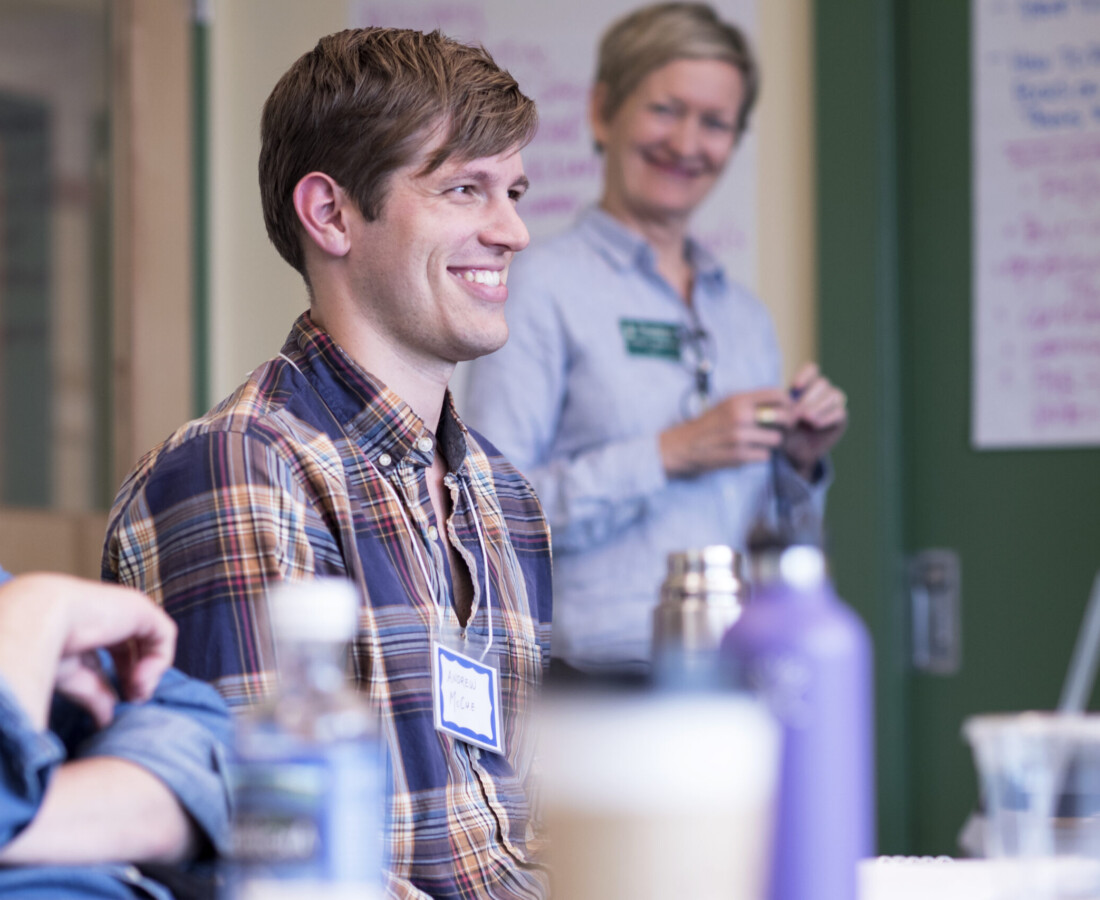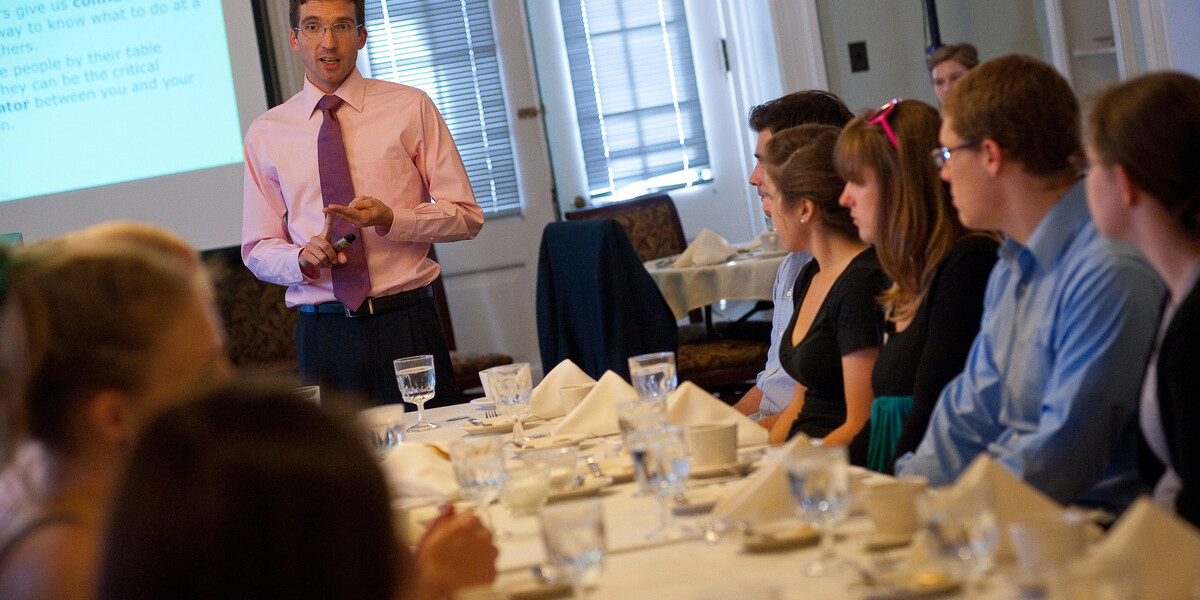The idea of changing our food system to be more sustainable can be daunting. But what if you could learn how to intervene at one point and make a small change that could build towards a greater impact? Identifying those leverage points to impact change in our food system is just one of the goals of the an innovative online and on-campus Breakthrough Leaders for Sustainable Food Systems program at the University of Vermont.
A recognized leader in the food system movement, UVM walks students through every step of the interconnected food system. “Our goal is to build leaders’ understanding of the overall food system dynamics to gain a better sense of the whole picture not just their own perspective,” said Dr. Cynthia Belliveau, Dean of UVM’s Continuing and Distance Education.
Ben & Jerry’s Social Mission Strategy and Policy Manager, Simone Washington, M.S., J.D., who leads discussions about social equity in our food system during the program, says that good leaders need to go into situations listening, observing and identifying who or what those leverage points may be. “Leverage points are the opportunities where you can break through tension and begin to see change,” said Washington. “It could be a person, a group of people, policy, or a shift that can create momentum towards change.”
Former Breakthrough Leaders student, Sylvia Grove, PhD, says that as a result of the program, she has changed her perspective on leadership, the food system and activism. “As a French teacher and a daughter of a dairy farmer, I’ve been thinking a lot about the intersection of humanities and sustainable practices in my work in the classroom,” said Grove. “The teachings at Breakthrough Leaders has helped me to better understand where leverage points may be in my work and from what point I am capable of approaching and providing solutions to a problem.”
Gaining that broader viewpoint on systems theory is what organizers hope students will take away from this unique cross-disciplinary program. The focus on our food system allows participants to see examples in Vermont some of the behaviors and practices the can be modeled elsewhere. Washington says that food is a great equalizer. However, people come to discussions about food and food systems from very difference perspectives. “We need to be aware of what is happening across the country as it relates to food,” said Washington. “In many places, there aren’t grocery stores, access to fruits and vegetables, no one picking up the trade of gardening or farming; areas where people aren’t thinking about if they are eating healthy, but rather are thinking about if they able to eat at all.”
Through UVM’s Breakthrough Leaders program, Washington encourages participants to not shy away from the tough topics and to create a space to discuss social equity in our food system by considering how we can help all of us have access to good food. Developing leaders that can recognize the need to bring stakeholders from different levels and perspectives to the table is key to identifying those leverage points and developing potential solutions.
UVM’s Breakthrough Leaders for Sustainable Food Systems begins with two weeks of online classroom work engaging with peer activists and initiating discussions around food system challenges. In the third week, participants come together with their peers in Burlington, Vermont to deepen their engagement in the food movement by interacting with food system leaders through site visits and hands-on experiences. Registration is open now for leaders looking to create positive and forward-looking solutions for our broken food system.




